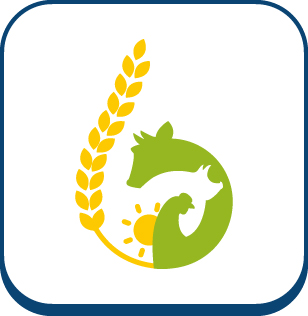Sustainability of producers of meats and meat products in short circuits
Ajouter à ma liste
Auteurs :
Bozec A, Pineau C, Cappelier JM, Bièche-Terrier C
Buying trends show that for several years, consumers have increasingly turned to local circuits for their food. This aligns with the food behavior trends identified by Kantar Worldpanel in 2017 : consuming less but better, favoring products with a healthier image. The development of activities by farmers engaging in direct sales allows them to diversify their sources of income and directly benefit from the added value of the products (Le Caro et al., 2007). Engaging in direct sales opens up new social networks and offers a new form of recognition and meaning to agricultural professions (Tabet, 2009; Le Bahers and Paturel, 2013). A report indicates that selling local products stabilizes the income of involved producers, although not necessarily improving it (Dédinger et al., 2021). However, there is a lack of economic data available for use. Another gap is the absence of tools and benchmarks for managing various aspects of the quality of meats and charcuteries adapted to the context of farm production. Mastering the various aspects of quality of these products is essential to meet consumer expectations. Even though the French are very attached to local products from their regions, which have a very positive image, it is necessary to ensure in short circuits a level of quality control that meets consumer expectations. Therefore, the VICTOR project proposes to develop support tools for beef and pork farmers in short circuits to improve their knowledge and control of the various aspects of the quality of their meats and charcuteries.
Fiche technique
Titre :
Sustainability of producers of meats and meat products in short circuits
Date sortie / parution :
2024
Référence :
70th International Congress of Meat Science and Technology (ICOMST), Foz do Iguaçu, Brésil, 18-23 août 2024, p. 84-85








